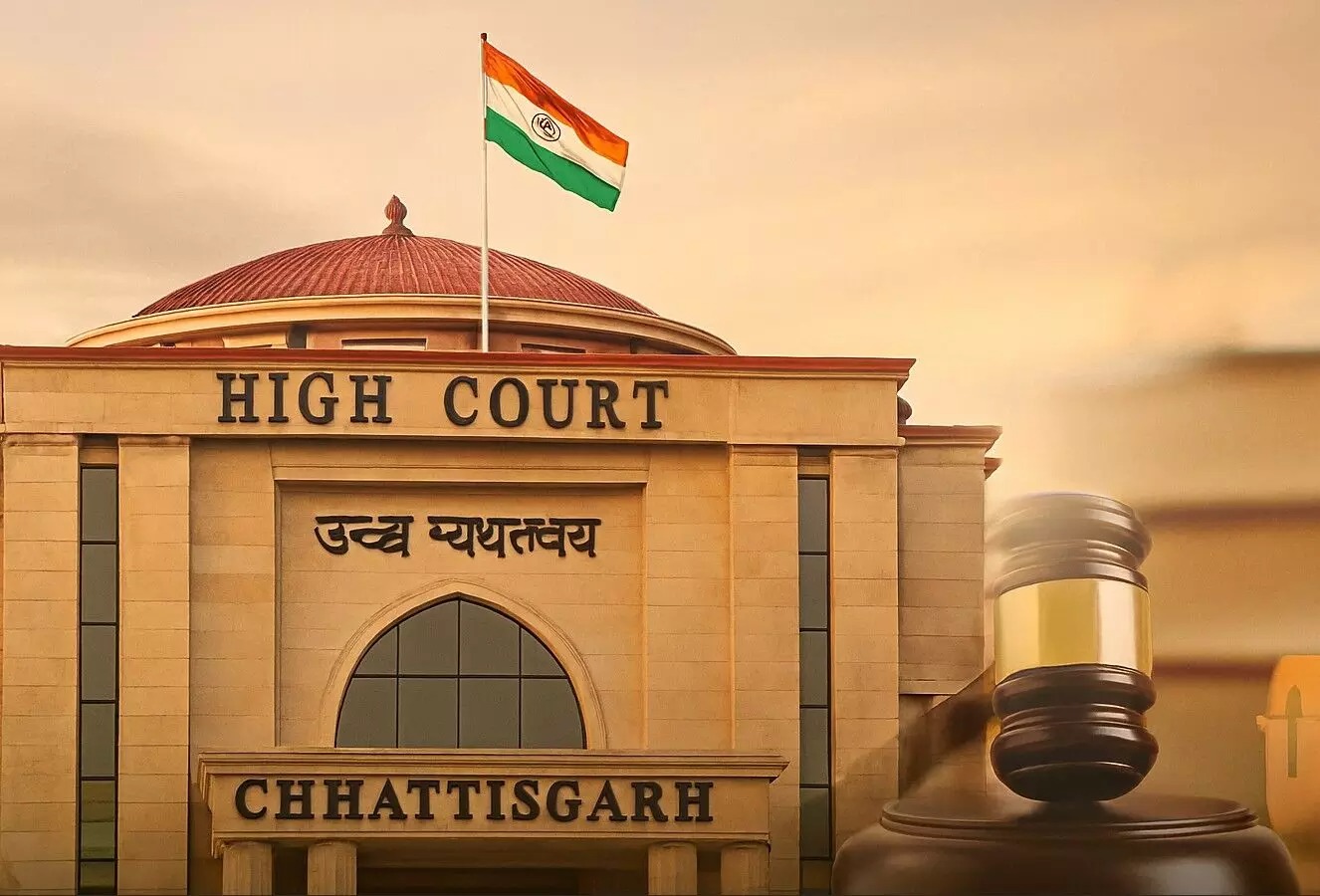1. The plaintiff sues the defendant as pledgee of certain ornaments from an unauthorised pledgor for detention of those ornaments after demand made on or about the 11th of August 1907. That claim was preferred after the plaintiff had recovered judgment in a former action, No. 159 of 1897, against the pledgor, but the judgment so recovered has not been satisfied.
2. It has been pleaded that the judgment in the suit of 1897 is a bar to this suit on the ground that the pledgor and the pledge were joint tort-feasors and that upon the authority of Brinsmead v. Harrison (1872) L.R. 7 C.P. 547 : 41 L.J.C.P. 190 : 27 L.T. 99 : 20 W.R. 784 the matter has passed into res judicata and cannot be again agitated.
3. It has, however, been pointed out by Mr. Justice Walles in the judgment of the lower Court in Brinsmead v. Harrison (1871) L.R. 6 C.P. 584 : 40 L.J.C.P. 281 : 21 L.T. 798 : 19 W.R. 956, that a fresh assignment in respect of a tort subsequent to that originally sued upon will not come within the scope of the first judgment so as to bar the fresh assignment. We may also refer to the case of Wigg Prosser v. Evans (1895) 1 Q.B. 103 : 63 L.J.Q.B. 1, which shows that the cause of action in the second suit must be precisely the same as the cause of action in the first suit in order to make the judgment in the first a bar to proceedings in the second suit.
4. For these reasons, we are of opinion that the plea of re judicata must fail in so far as it is based upon Brinsnead v. Harrison (1872) L.R. 7 C.P. 547 : 41 L.J.C.P. 190 : 27 L.T. 99 : 20 W.R. 784.
5. The next question is whether the defendant was precluded from contending that the plaintiff was not entitled to the property of the person under whom she claimed. The defendant set no that his pawnor a validly adopted son of that person. But; it was argued on behalf of the plaintiff that the question of his adoption had already been settled in Suit No. 159 of 1897 adversely to the pawnor and that, therefore, as the defendant claimed through the pawnor, he was bound by the judgment in that suit.
6. The defendant wished to raise an issue as to whether the pawnor was not the validly adopted son, but the learned Judge of the lower Court disallowed the issue and admitted in evidence the judgment in Suit No. 159 of 1897 on the ground that the defendant was a privy to that judgment.
7. We are of opinion that in so doing be was in error. The judgment in Suit No. 159 of 1897 was no bar to the issue sought to be raised by the defendant as it was subsequent to the pledge and the defendant did not claim under a person against whom he issue of adoption had been, at the time of the pledge, finally heard and determined, see Doeden Foter v. The Earl of Derby (sic) Ad. & E. 78 at p. 790 : 3 N. & M. 782 : 3 L.J.N.S.K.B. (sic) : 40 R.R. (sic); Hodson v. Wolser (1872) L.R. 7 Ex. 55 : 41 L.J. Ex. 51 : 25 L.T. 937 : 20 W.R. 489 and Niazullah Khan v. Nazir Iegam 15 A. 108. The fact that the Suit No. 159 of 1897 was pending at the time of the pledge of a large portion of the ornaments sought to be recovered in this suit cannot prejudice the defendant on the issue of res judicata, for, the doctrine of lis pendens does not apply to moveable property, see Wigram v. Buc ley (1894) 3 Ch. 483 . 63 C.L. Cl. 689 : 7 R. 469 : 71 L.T. 287 : 43 W.R. 147. The defendant, therefore, was not privy of the person who was defendant in Suit No. 159 of 1897 and is not bound by that judgment.
8. We must, therefore, set aside the decree of the loner Court and remand the case for re-trial upon the second issue propounded by the defendant and disallowed by the Subordinate Judge. ON the remand, the Subordinate Judge should, if required so to do by the defendant, compel the production of the book held by or on behalf of the plaintiff which were not produced at the first hearing.
9. For the reasons which we have already given for holding that that judgment in Suit No. 159 of 1897 did not operate as res judicata on the question of adoption, we hold that it was also irrelevant on the question whether the pawnor got the pledged property by means of fraud. That is a question which, if the plaintiff wishes to establish it, must be proved by evidence in this suit.
10. The issues to be determined en remand will be the issues of adoption and fraud, and the lower Court must pass a fresh decree after going into those issues.
11. We express no opinion on any other issues except those that we have dealt; with in our judgment.
12. Costs of this appeal, must be dealt with by the trying Judge on remand.

